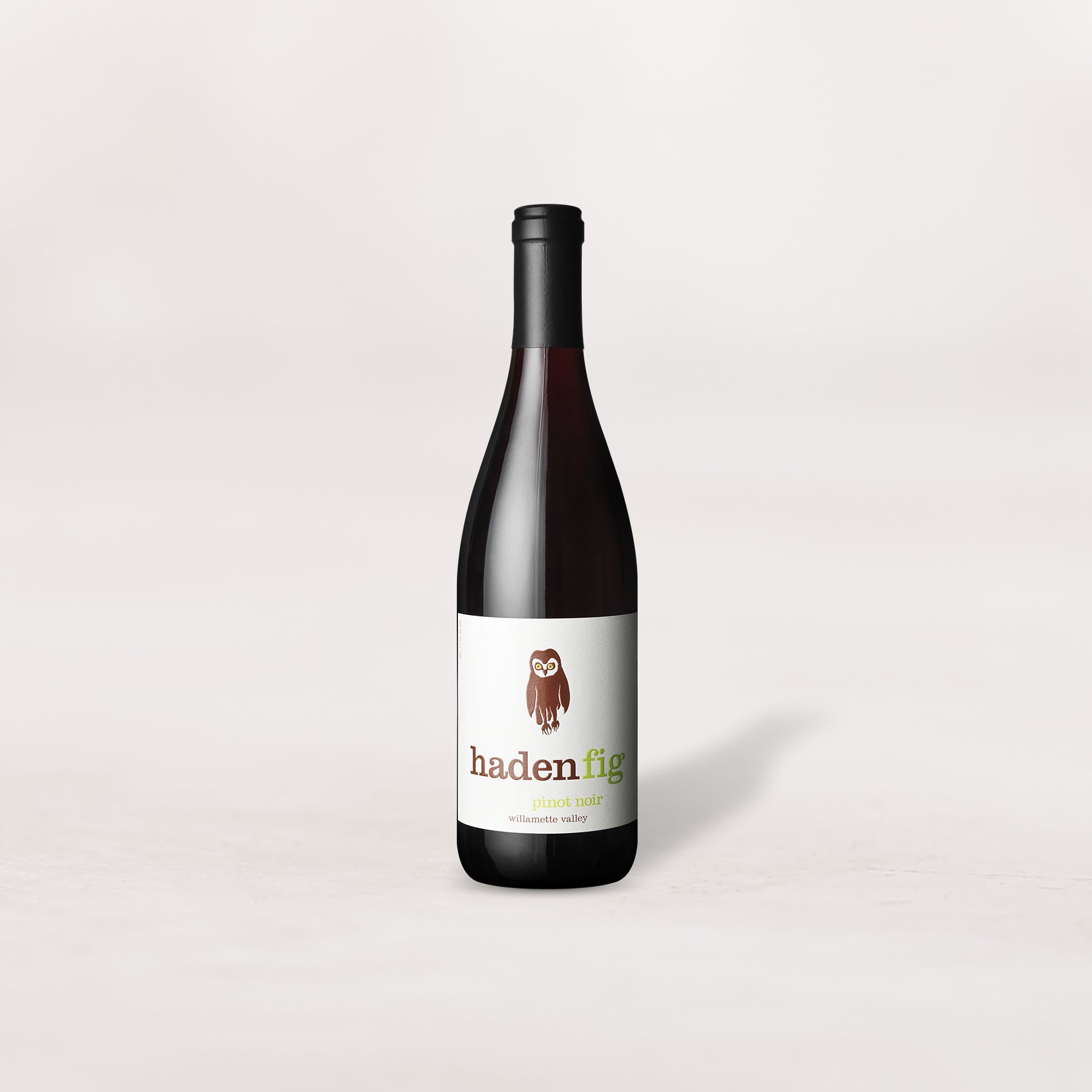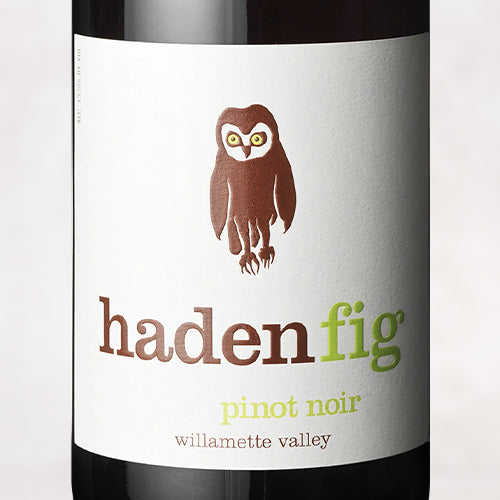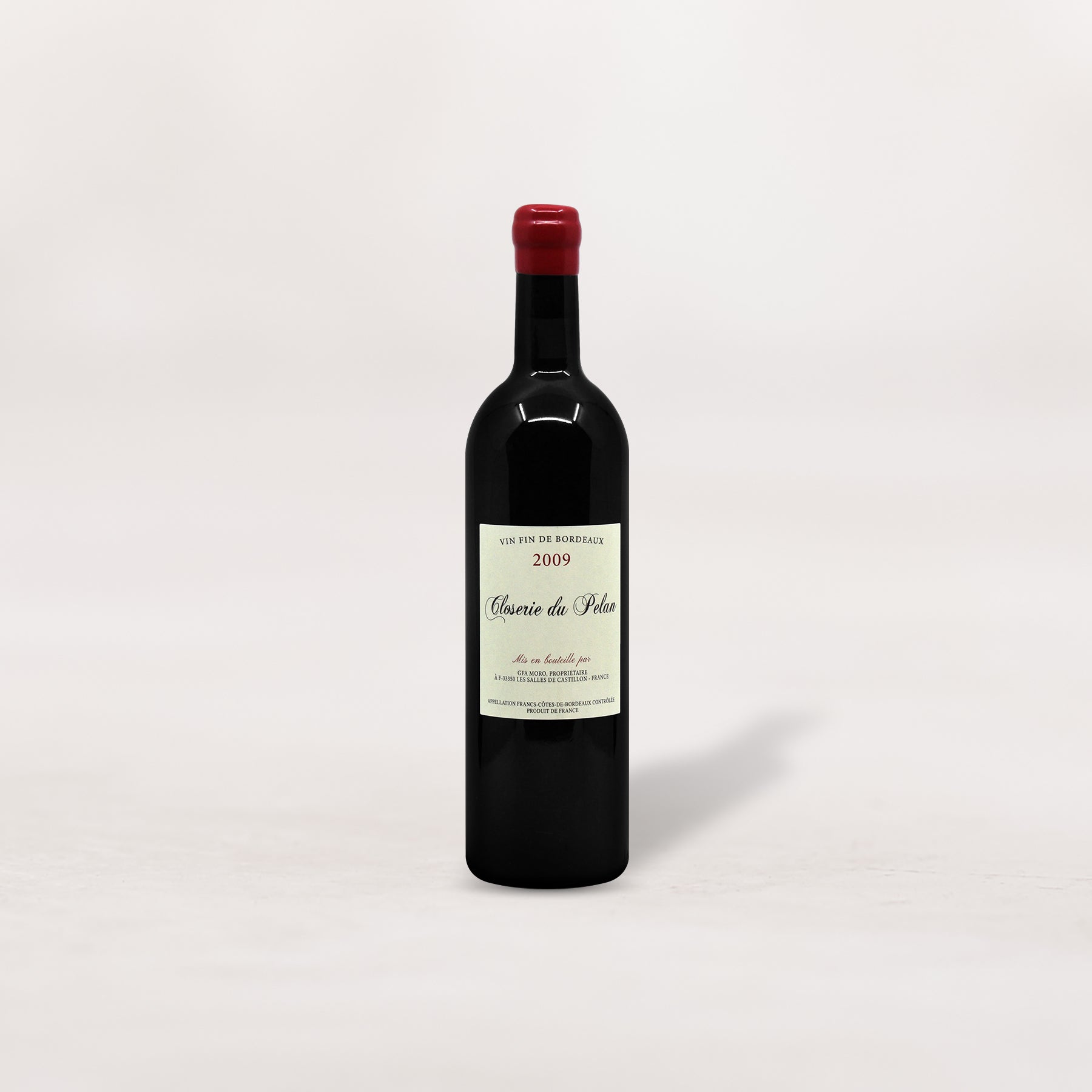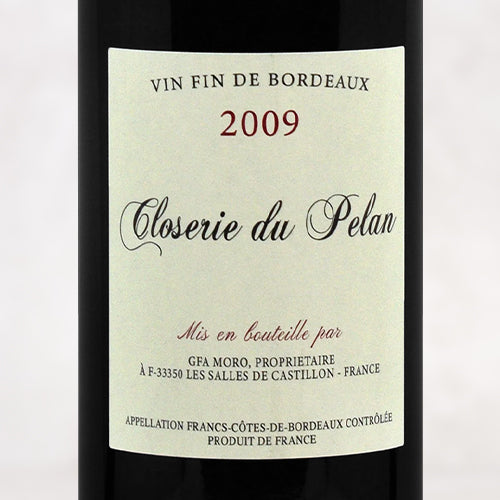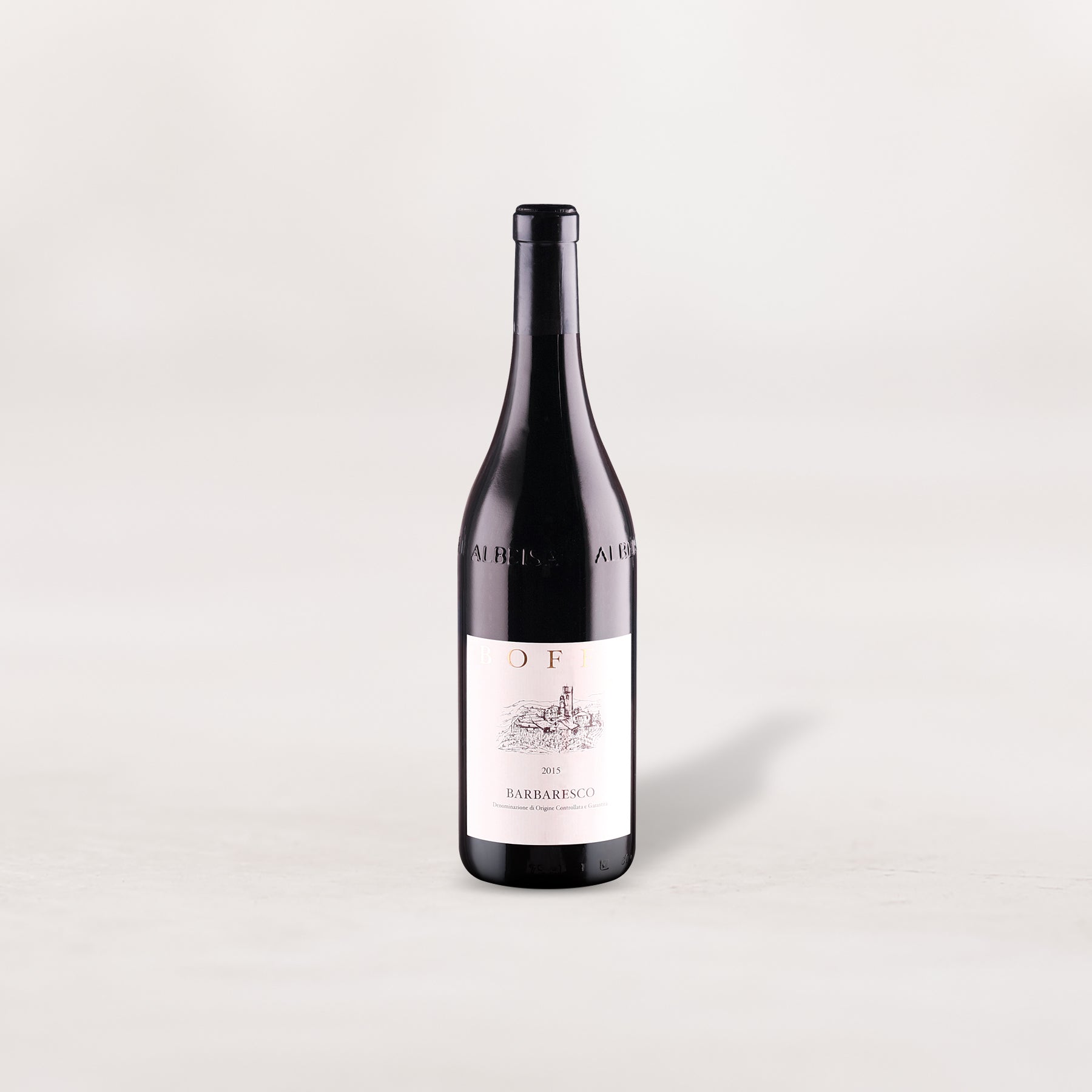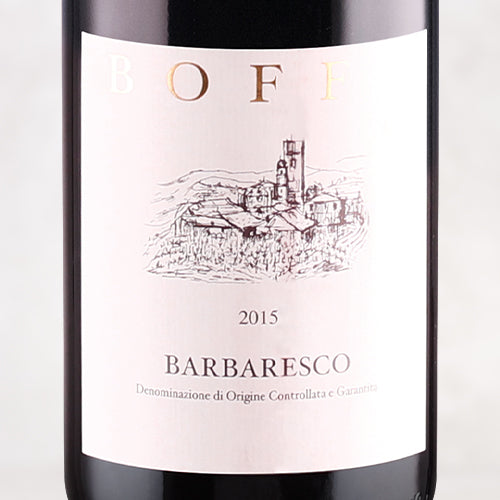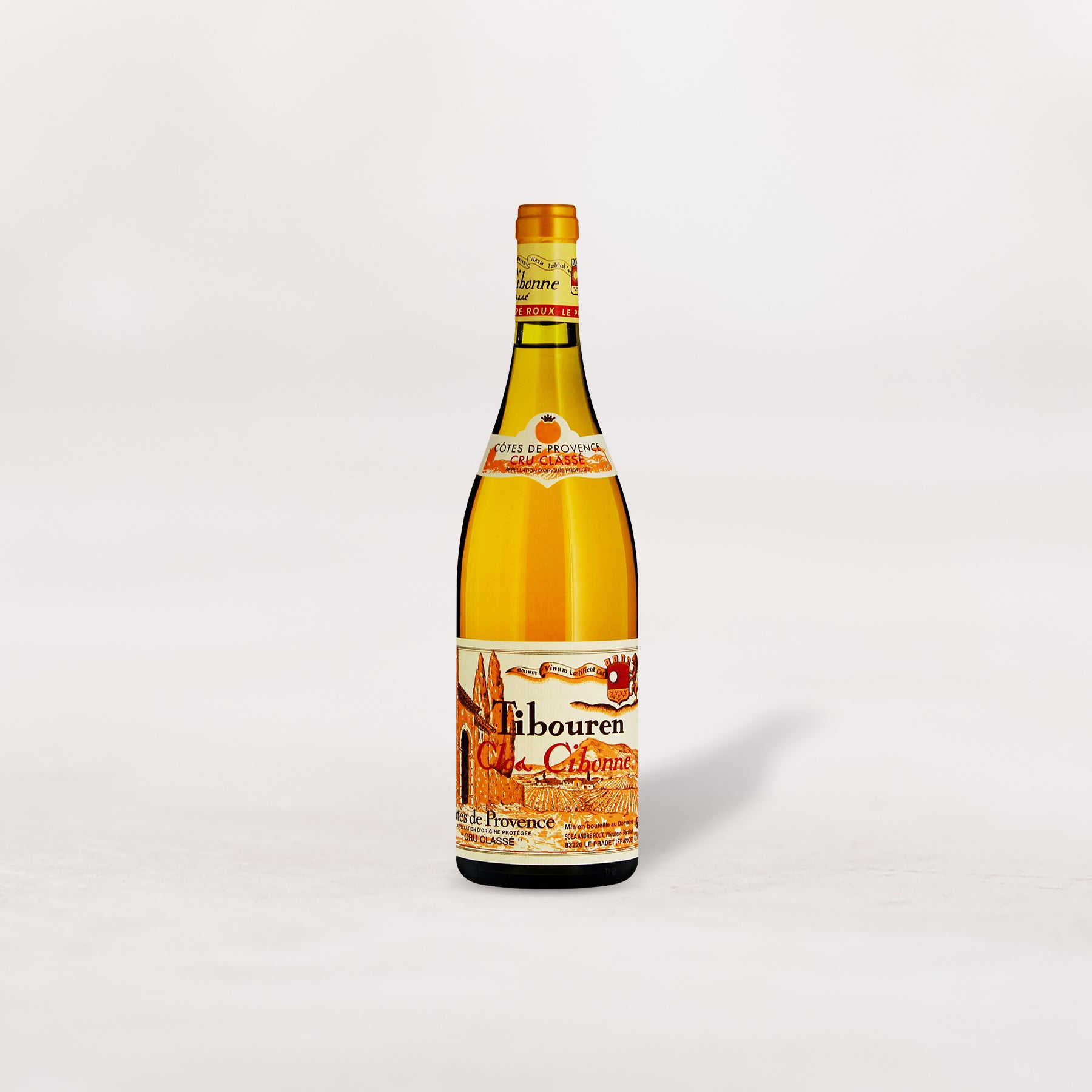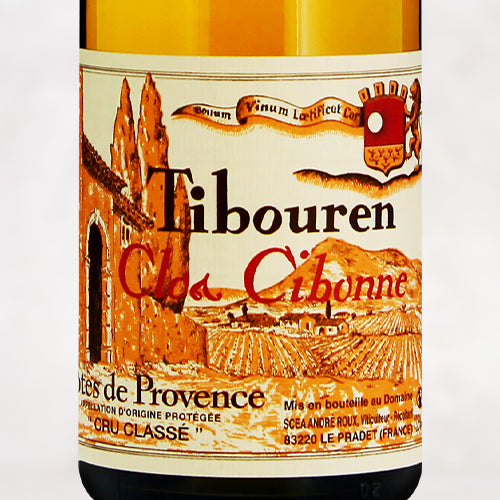One thing wine lovers have come to terms with is that Pinot Noir—good Pinot Noir, anyway—is usually expensive. Pinot Noir is a delicate grape that is difficult to grow, and that’s usually reflected in the prices of the wines made from it. Of course, there are exceptions, the most noteworthy of which may be the Pinot Noirs made in Baden, Germany. We could widen the net to include all of Germany—it is, after all, the world’s third-largest Pinot Noir producer, after France and the US—but today, let’s focus on Baden, Germany’s southernmost winegrowing zone and home to some of the most transcendent Pinot Noir wines on earth. Today’s willowy, smoky, silky beauty from Schloss Ortenberg is a delicious case in point. You’ll love the perfume, you’ll love the finesse, and the price? Love it!
Lately, we’ve been finding great Pinot Noir from just about every German wine precinct—including Riesling-dominant appellations like Pfalz and Rheingau—but Baden continues to be the first name in German Pinot Noir. Lodged in the southwestern-most corner of Germany, between the Rhine River and the edge of the Black Forest, Baden has a long and decorated history with the entire “Pinot” family of grapes. Be it blanc, gris, or noir (or, rather, weiss, grau, or blau), there’s a trove of great-value Pinot to be found here.
Most of Germany falls within Europe’s Zone A—the coolest band of growing zones. Baden is in Zone B, along with Alsace and Champagne. The region’s vineyards were planted by the same Cistercian Monks who established Pinot Noir in Burgundy, in soils that run the gamut—everything from loess (silt) to granitic sand to volcanic tuff to limestone.
Schloss Ortenberg is in the sub-district of Ortenau, centered around the ancient town of Offenburg, and, like several other old-line German estates we’ve featured, this winery is distinguished by the fact that it is still owned by the local municipality. Dating all the way back to 1300, the estate was founded by the people of Offenburg to help fund a local hospice, and today, it is run by the dynamic Matthias Wolf, who, among other things, has overseen a huge push toward sustainable viticulture.
As in Burgundy (which isn’t so far from here), the 2021 vintage was described as “cool” and “classic,” and this wine—called “Granit,” in the German fashion of naming wines by soil type—exhibits the kind of personality we’d associate with a cooler year. It was fermented over the course of seven days in stainless steel, then aged for roughly 17 months in mostly large oak casks (80%) before bottling. Wolf notes that the subvariety of Pinot Noir in the source vineyard is the “Burgundian Clone 777” (one of the “Dijon” clones), which lends a palpable spiciness to the finished product.
This ’21 is identifiably “German” in personality: there’s a very woodsy, savory quality, along with very fine-grained tannins, modest alcohol, and refreshing—not sharp—acidity. There is a well-integrated mix of loamy earth/forest floor notes complementing bright black and red cherry fruit, and it’s very much ready to drink now. Decant it 15 minutes before serving (it is bottled under screw cap, so let the wine breathe some air first) at 60 degrees in Burgundy stems and prepare for a sweet-savory serenade of red and black cherry, wild strawberry, rhubarb, rose petals, and lots of underbrush, smoke, leather, and herbs. You are going to be impressed—and very disappointed if you only have one bottle. Cheers!




